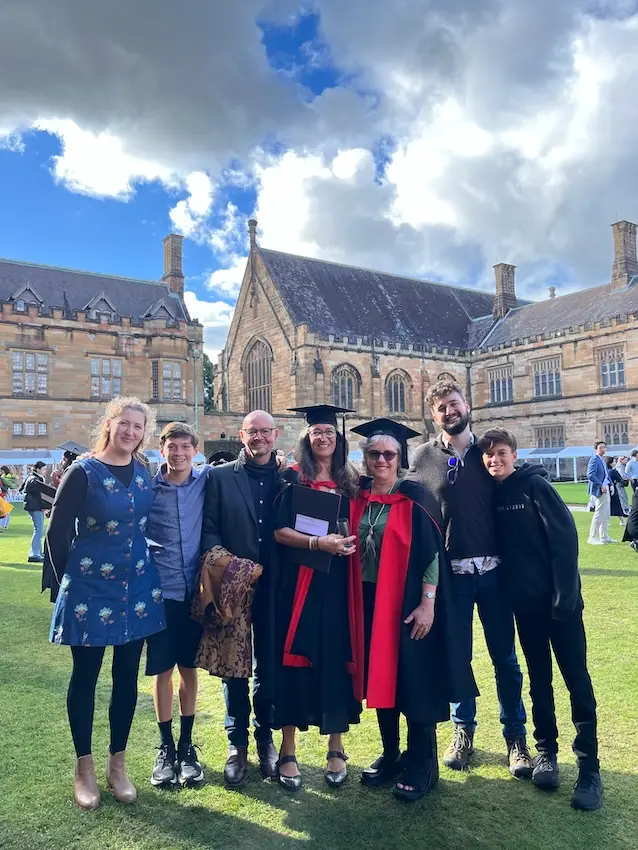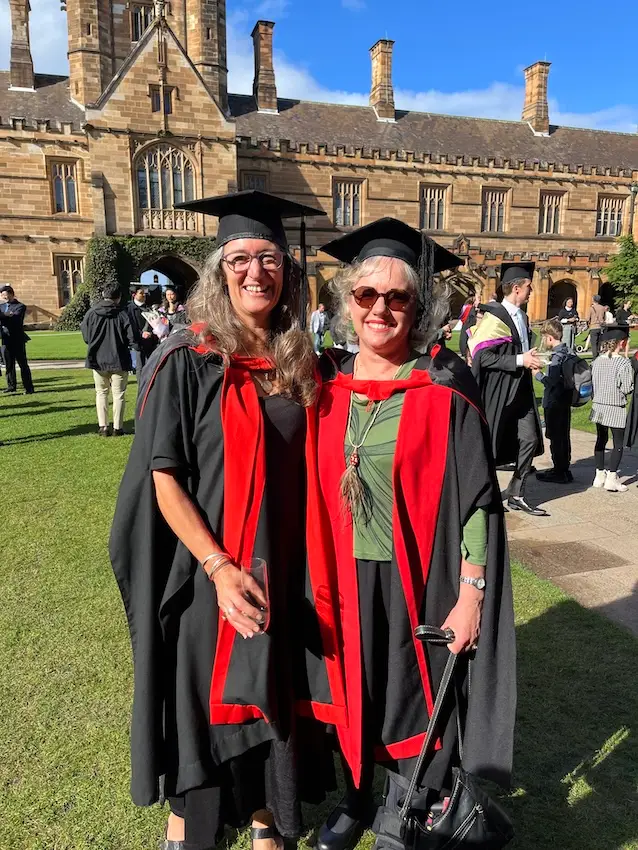A huge congratulations to the recently graduated Dr Catherine Helps.
Dr Helps’ thesis is titled: Gaining insight into the refusal of childhood vaccinations – from birth to five years old-in the Byron Shire Community and can be accessed via the University of Sydney library here.
Abstract:
The introduction of public vaccination campaigns in the mid-20th century led to a dramatic reduction of mortality and morbidity from the previously common infectious diseases of childhood. Safe and effective protection from infectious diseases through vaccination is now available to all Australian children. While historically less than two percent of parents in Australia decline vaccination, there are some communities with higher rates of childhood vaccination refusal with potentially negative health consequences for the individual child and other community members, especially where there is geographical clustering of low vaccination uptake. The Byron Shire is such a community recording registered refusal rates of over 30 per cent over the period in which conscientious objection (CO) data were gathered (1999 – 2016). Encouraging vaccine uptake in effective and ethical ways requires an understanding of the decision-making pathways of non-vaccinating parents. This thesis uses qualitative data collected in the Byron Shire from 2016 – 2023 to explore childhood vaccination refusal within this community, and to inform effective therapeutic encounters and the targeting of future public health interventions. Two key concepts were derived from this research. Firstly, that of decisional conflict which summarises the position and experiences of non-vaccinating parents. Secondly, that adherence to the principles of engage, inform and encourage is advised for health professionals’, policy makers and others in their interactions with non-vaccinating parents. These concepts form the basis of the conclusions and the recommendations presented in this thesis. While this research was conducted in a community identified as a cluster of lower vaccination uptake, the experiences of decisional conflict in non-vaccinating parents and recommendations for health professionals to engage, inform and encourage may be applicable more broadly to vaccine-hesitant or refusing parents.


